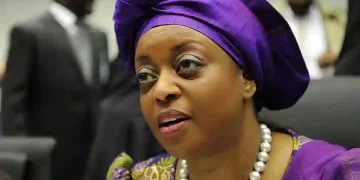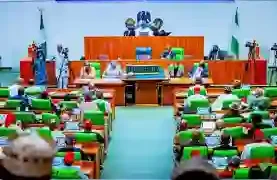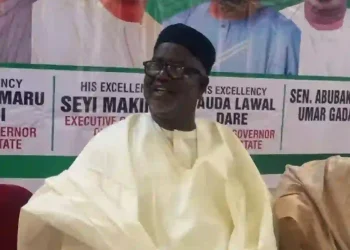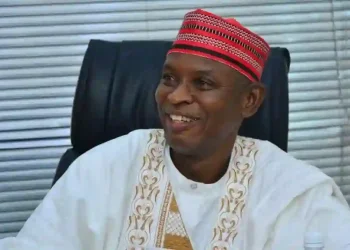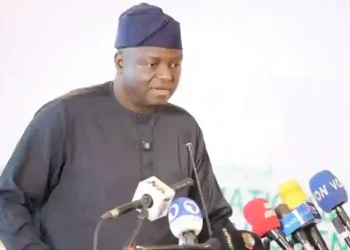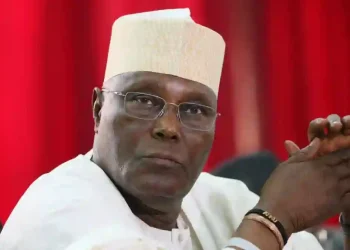The House of Representatives has approved the second reading of the long-awaited bill seeking to create Ijebu State out of the present Ogun State. The proposed legislation, championed by Senator Otunba Gbenga Daniel (Ogun East), marks a defining moment for Nigeria’s Southwest region.
The latest development is a major step towards actualizing one of the oldest and most consistent state-creation demands in the history of Nigeria.
If the bill is passed, the legacy of the old Ijebu Province, a region popular for its rich cultural heritage, commercial enterprise, and historical prominence in the pre-independence era, will come back to life.
During plenary, lawmakers across different political parties backed the proposal, hailing Senator Gbenga Daniel for consistently advocating for it.
They described the bill as a long-overdue recognition of the Ijebu people’s identity and contributions to national development.
Insiders have confirmed that an Ijebu-Remo Harmonisation Committee had earlier been set up to deliberate on important issues like the proposed name and capital of the new state, a move observers say emphasises the unity of purpose among stakeholders.
Reacting, Otunba Gbenga Daniel declared that his dedication to the cause remains unshaken.
“This is not about division but development.
The Ijebu people deserve a voice, an identity, and a fair share of governance.
The dream of Ijebu State is a dream of balanced federalism,” he said.
As the bill progresses to its committee stage for thorough legislative consideration and public hearing, there is renewed belief that the highly anticipated dream of Ijebu State is around the corner.
If Ijebu State is indeed passed into law, it’ll automatically become Nigeria’s 37th state.





